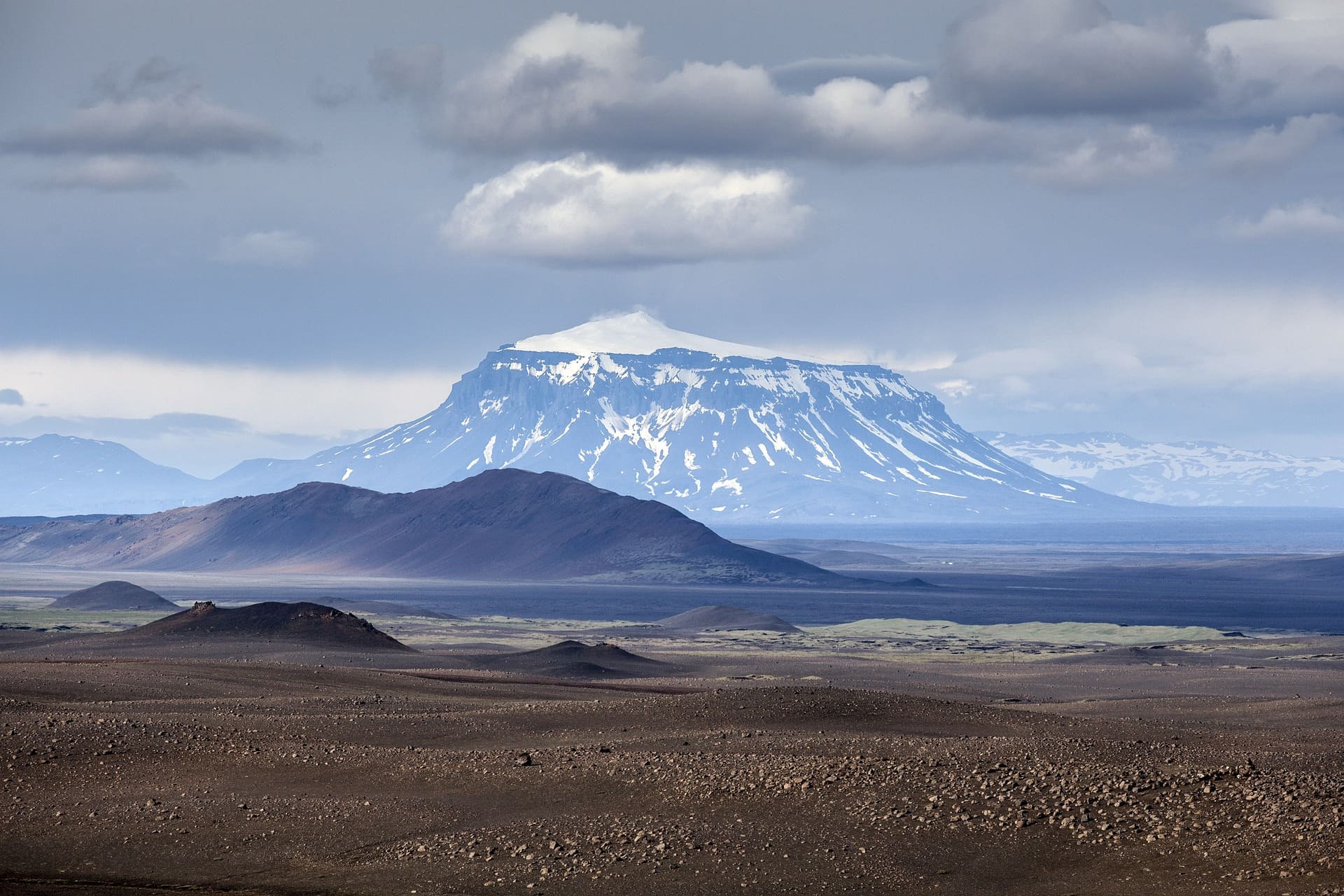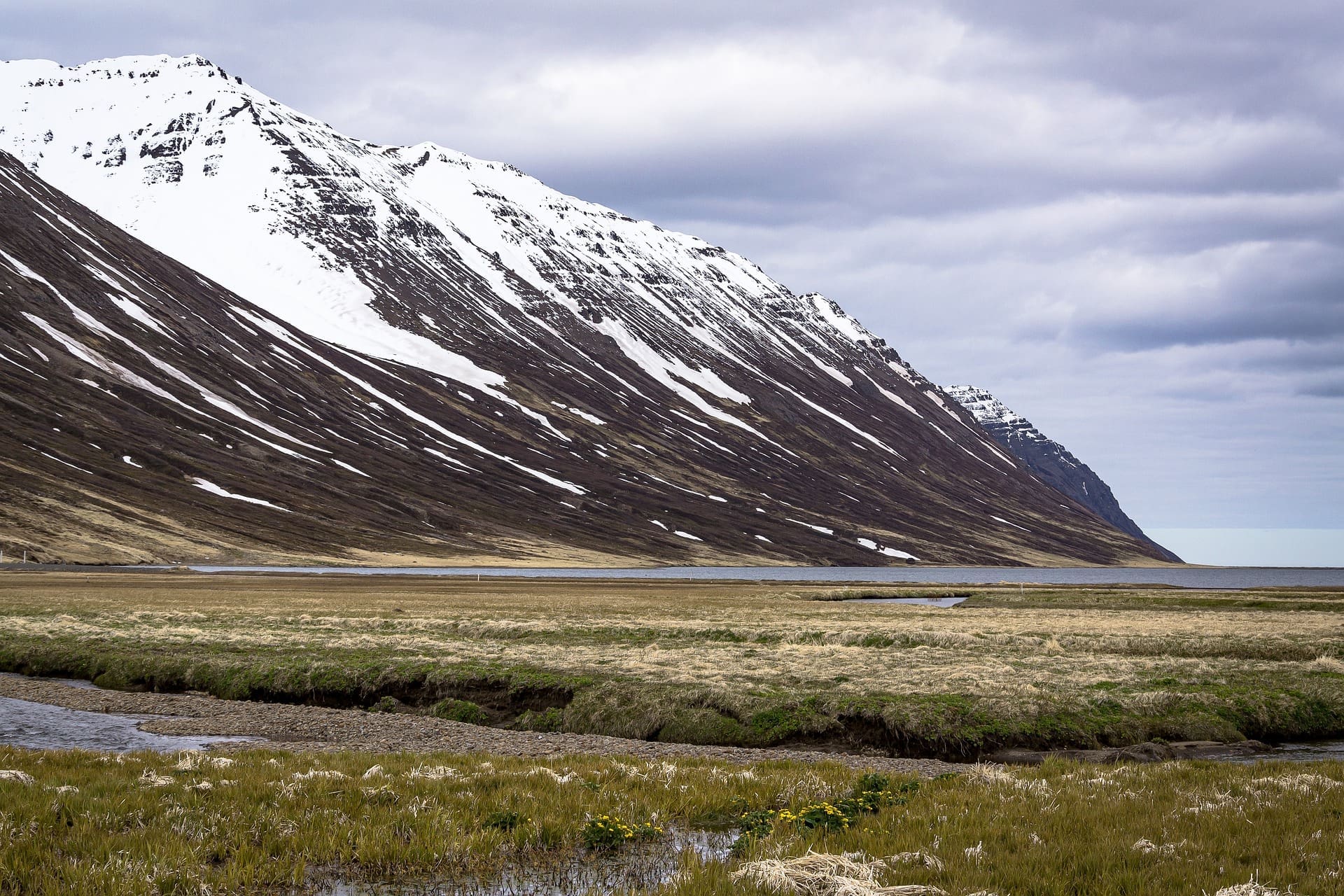Iceland
volcanoes, glaciers, waterfalls, geothermal wonders
About Iceland
Culture and Religion
Where to go
How to get there
Visa Requirements
Travelling Budget
About Iceland
Iceland, known as the Land of Fire and Ice, is a small Nordic island country located in the North Atlantic Ocean. Despite its small size, Iceland is packed with breathtaking natural wonders and unique cultural experiences.
One of the defining features of Iceland is its volcanic activity. The country is home to numerous active volcanoes, some of which have erupted in recent years. This geological activity has contributed to the creation of stunning landscapes, including black sand beaches, rugged mountains, and vast lava fields.
Iceland is also famous for its glaciers, which cover approximately 11% of the country’s landmass. These massive ice formations are a sight to behold, and visitors can explore them through activities such as glacier hiking or taking a thrilling ice cave tour.
Waterfalls are another prominent feature of Iceland’s landscape. From the powerful Gullfoss waterfall to the picturesque Seljalandsfoss, these natural wonders are a treat for the eyes and often surrounded by stunning scenery.
The country’s geothermal activity is another unique aspect of Iceland. Hot springs, geysers, and geothermal spas abound, with the Blue Lagoon being the most renowned. These geothermal wonders offer a relaxing and rejuvenating experience for visitors.
Iceland also boasts a vibrant and rich culture. The Icelandic people take great pride in their heritage, language, and ancient sagas. With a population of only around 360,000 people, Iceland has a warm and tight-knit community.
In addition to its natural and cultural attractions, Iceland is an ideal destination for experiencing the mystical Northern Lights. The country’s remote locations and minimal light pollution provide optimal visibility for this captivating natural phenomenon.
Overall, Iceland is a land of contrasts, where hot and cold, fire and ice coexist in perfect harmony. Its undeniable beauty and unique experiences make it a destination like no other.
Culture and Religion
Iceland has a rich and unique culture that is a blend of ancient Norse traditions, modern influences, and a deep connection to the country’s natural environment. The Icelandic people take great pride in their heritage and have a strong sense of national identity.
One of the most prominent aspects of Icelandic culture is the preservation of their ancient language, Icelandic. This language is closely related to Old Norse and has remained relatively unchanged for centuries. The preservation of this language is a testament to Iceland’s dedication to their cultural roots.
Religion in Iceland has also evolved over time. Historically, Icelanders practiced Norse paganism, worshipping gods such as Óðinn, Þór, and Freyja. However, with the Christianization of the country in the 10th century, Christianity became the dominant religion. Today, the majority of Icelanders identify as Christians, with the Lutheran Church being the largest denomination.
Iceland is well-known for its literary traditions. The country has a high literacy rate, and Icelanders have a strong tradition of storytelling and writing. The Icelandic sagas, which are medieval narratives about the country’s history and mythology, are considered national treasures and sources of cultural pride.
Icelandic contemporary culture is also heavily influenced by the arts, including music, literature, and visual arts. The country has produced internationally recognized musicians, such as Björk and Sigur Rós, and has a thriving indie music scene. Icelandic literature, including works by Nobel laureate Halldór Laxness, has achieved international acclaim.
Furthermore, Icelanders have a deep connection to their natural environment. The vast and diverse landscapes of the country, with its volcanoes, glaciers, and geothermal activity, have inspired a strong sense of environmentalism and sustainability. Iceland places a strong emphasis on renewable energy, eco-tourism, and responsible nature conservation.
In conclusion, Icelandic culture is a unique blend of ancient traditions, literary heritage, artistic expressions, and a deep reverence for the country’s natural surroundings. The preservation of their language, folklore, and collective sense of identity make Iceland a fascinating and culturally rich country.
Where to go

The Golden Circle
One of Iceland’s most popular tourist routes, the Golden Circle encompasses three spectacular natural attractions: Thingvellir National Park, where you can walk between the tectonic plates; the Geysir Geothermal Area, home to erupting hot springs and the famous Strokkur geyser; and the magnificent Gullfoss waterfall, with its powerful cascades.

The Blue Lagoon
Located in a lava field on the Reykjanes Peninsula, the Blue Lagoon is a geothermal spa known for its milky-blue geothermal waters rich in minerals. Enjoy a relaxing soak in the warm waters while surrounded by otherworldly lava formations.

The Northern Lights
Iceland is a fantastic place to witness the magical natural phenomenon of the Northern Lights, also known as the Aurora Borealis. The best time to see them is during the winter months away from light pollution, particularly in remote areas outside of Reykjavík.

The South Coast
Iceland’s southern coast is dotted with picturesque landscapes, including black sand beaches, mighty waterfalls like Seljalandsfoss and Skógafoss, and the famous Reynisfjara beach with its unique rock formations and basalt columns. Explore the charming coastal towns and enjoy breathtaking views along the way.
Note: These are just a few of the many highlights that Iceland has to offer. Its diverse and awe-inspiring natural wonders make it a truly unforgettable destination.
How to get there
Getting to Iceland is relatively easy, as the country is well connected to various international airports. There are a few main ways to reach Iceland:
1. By Air: The most common way to reach Iceland is by flying into Keflavík International Airport, located near the capital city of Reykjavík. Numerous airlines offer direct flights from major cities in Europe, North America, and other parts of the world. Flight duration can vary depending on the departure location.
2. By Sea: Another option is to travel to Iceland by cruise ship or ferry. Several cruise lines offer itineraries that include stops in Iceland, allowing travelers to explore the country’s coastal areas. Additionally, there are seasonal ferry services connecting Iceland with the Faroe Islands and mainland Europe.
3. Layovers: If direct flights are not available from your location, you can consider layovers in major European or North American cities. Many airlines offer connecting flights to Keflavík International Airport, making it possible to incorporate a visit to Iceland as part of a larger travel itinerary.
Once you arrive in Iceland, there are various transportation options to explore the country. Renting a car is a popular choice, as it provides flexibility and allows for easier exploration of the scenic landscapes. Public transportation, including buses and domestic flights, also provide access to many destinations within Iceland. Additionally, guided tours are available for those who prefer organized travel experiences.
It’s important to note that travel requirements, such as visas and COVID-19 regulations, may vary depending on your nationality and current circumstances. It’s recommended to check the latest travel advisories and requirements before planning your journey to Iceland.
Visa Requirements
Visa requirements for entering Iceland vary depending on your nationality and the purpose and duration of your visit. Iceland is a member of the Schengen Area, which means that citizens of certain countries do not need a visa to enter Iceland for short stays of up to 90 days within a 180-day period for tourism, business, or family visits.
If you are a citizen of a country that is not visa-exempt, you will generally need to apply for a Schengen visa at the Icelandic embassy or consulate in your home country before your trip. The application process usually requires submitting the necessary documents, such as a completed application form, valid passport, travel itinerary, proof of accommodation, travel insurance, and evidence of sufficient funds to cover your stay.
It’s important to note that the visa application process and requirements may vary depending on your country of residence, so it’s best to check with the Icelandic embassy or consulate in your home country or visit their official website to get accurate and up-to-date information before applying.
It’s also worth mentioning that visa requirements may change due to various factors, including international agreements, political situations, and health emergencies. Therefore, it is always a good idea to double-check the latest visa requirements and regulations before planning your trip to Iceland.

![Iceland 3x [jokulsarlon]](https://travelhd.nu/wp-content/uploads/2023/08/Iceland-3x-jokulsarlon-scaled.jpg)
Travelling Budget
Iceland is known to be a relatively expensive travel destination, so it’s important to plan your budget accordingly. The cost of your trip will depend on several factors, including the duration of your stay, your travel preferences, accommodation choices, and the activities you plan to participate in. Here are some key considerations for budgeting your trip to Iceland:
1. Flights: The cost of flights to Iceland can vary greatly depending on your departure location and the time of year you plan to visit. It’s advisable to search for flight deals and book well in advance to secure the best prices.
2. Accommodation: Accommodation in Iceland can be quite expensive, particularly in popular tourist areas like Reykjavík. Look for budget-friendly options such as guesthouses, hostels, or camping. Alternatively, consider renting a campervan, which provides both transportation and accommodation.
3. Transportation: If you’re planning to explore beyond Reykjavík, renting a car is recommended. Public transportation options are available, but they can be limited in certain areas. Consider sharing transportation costs with other travelers if possible.
4. Food and Drink: Eating out in Iceland can be expensive, so budget accordingly. To save money, consider cooking your own meals or buying food from supermarkets. Also, take advantage of happy hour specials and pack snacks for day trips.
5. Activities: Iceland offers a wide range of activities and excursions, from glacier hiking to whale watching. Research and prioritize the activities that interest you most, as some can be pricey. Take advantage of free attractions, such as exploring natural landscapes and visiting waterfalls.
6. Currency Exchange: Iceland’s currency is the Icelandic króna (ISK). It’s recommended to exchange some currency before arriving or withdraw cash from ATMs, as credit cards are widely accepted. However, be aware that some remote areas may only accept cash.
Overall, it’s advisable to budget a minimum of $150-200 USD per day per person for a moderate trip to Iceland. This estimate considers accommodation, meals, transportation, and some activities. Keep in mind that this is a rough estimate, and your actual costs may vary depending on your travel style and preferences.
What makes your journey easier
Everything you need to know about what to bring to make your travels easier, more safe and fun
Be Mindfull
Gadgets
Gear
Insurance
Visa














![Iceland 4x [thingvellir]](https://travelhd.nu/wp-content/uploads/2023/08/Iceland-4x-thingvellir.jpg)

![Iceland 2x [reykjavik]](https://travelhd.nu/wp-content/uploads/2023/08/Iceland-2x-reykjavik-scaled.jpg)








